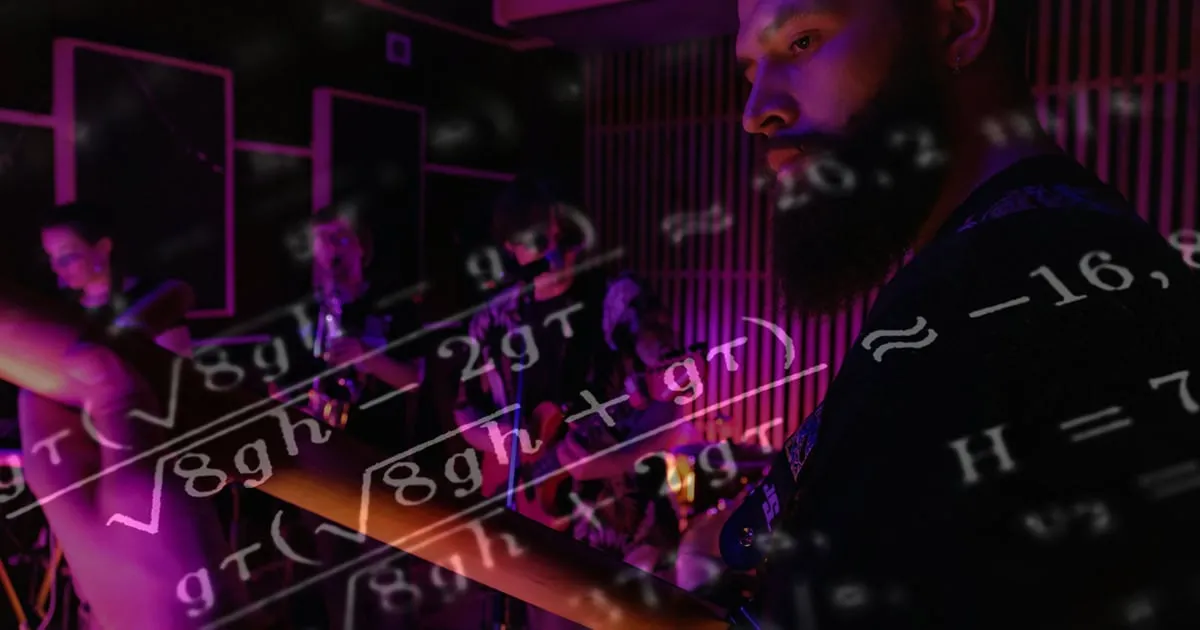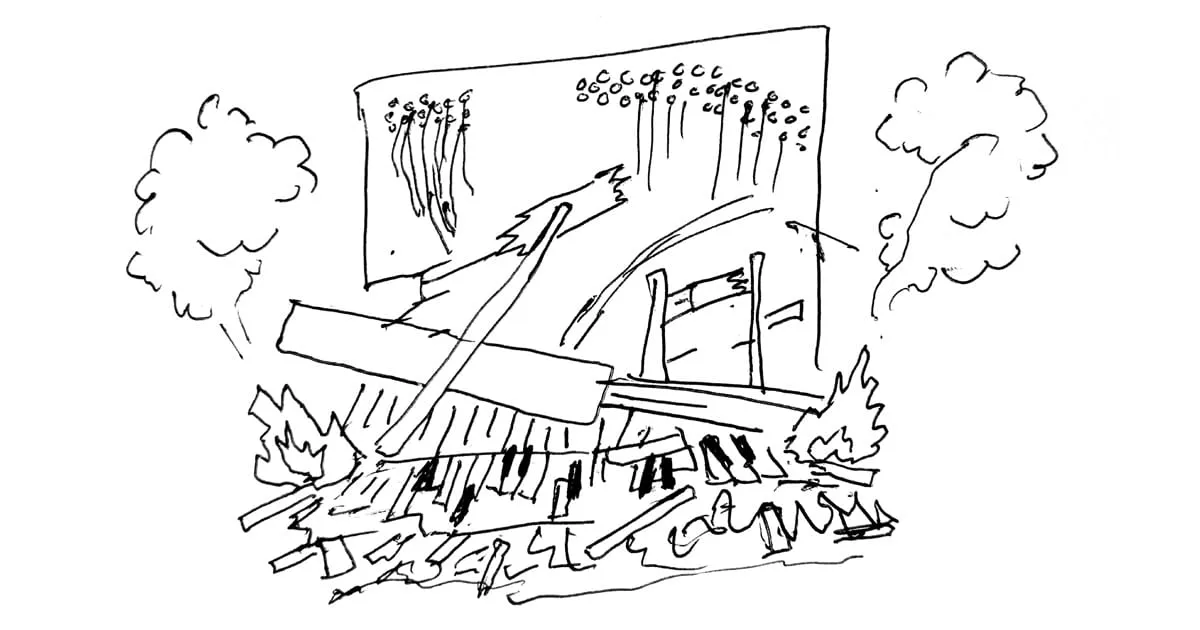Downtown Music, the creator of rcrdlbl.com, has released a new online solution that empowers songwriters to take control of their publishing. Songtrust automates the process of royalty collection and lets songwriters track how their songs are being used around the world.
In light of this announcement, Hypebot caught up with co-founder Justin Kalifowitz and asked him what this means for artists. Why should they join?
Free Accounts:
The company was also kind and offered Hypebot readers some free accounts.
The first 5 free accounts will last for a year. Everyone else will get 1 free month.
First 5 for a free year. Code: HYPEBOT
The rest, 1 month free. Code: HYPEBOT123
The Interview:
Hypebot: What is Songtrust and why should I join?
Justin Kalifowitz: Songtrust is an online rights management solution developed by Downtown Music that empowers independent songwriters and artists to manage their music publishing and related rights. We streamline what has historically been a complex process of registering and protecting song copyrights, collecting royalties, and maximizing licensing opportunities.
Hypebot: How does an artist know when they're ready to join?
Justin Kalifowitz: Songtrust is designed to work with songwriters and artists at various stages of their careers and offers a range of options. If you're just starting out and looking for basic copyright registration and protection services or if you're already distributing your music and looking for a global royalty collection platform, we offer unique packages to help you manage this part of your career. We also offer several unique licensing opportunities for film, television, advertising and video games as well as lyric distribution to major online outlets.
Hypebot: Why hasn't anyone done this before?
Justin Kalifowitz: The music publishing industry has primarily existed to service a small pool of established songwriters and artists who have achieved a traditional level of success (i.e. album sales, radio hits). Publishers would acquire an interest in the writer's works and keep a percentage of the royalties earned.
If they didn't think a writer would earn enough money, they were left to fend for themselves. Following a decade of innovation, a range of new platforms have been introduced to help DIY and early-stage artists facilitate in-home recording, music distribution, marketing, promotion and even touring.
This has resulted in more songwriters and artists writing and releasing more music than ever before, yet the traditional music publishing industry has done nothing to service this growing group of creators. The Songtrust business model, which is a flat-fee based service contract, was designed explicitly to address this group. It bucks a century-long trend of gate-keeping and taking a percentage of a songwriter or artist's earnings in exchange for providing music publishing administration services. Our clients keep 100% ownership of their rights and receive 100% of their royalties and can opt out at any time.
4 Ways Artists Can Make More From Publishing:
1.
The first step in making more money from music publishing is to ensure that you are affiliated with a performing rights organization(i.e. ASCAP, BMI or SESAC). It's required for you and your songs to be part of the global licensing grid. Songtrust simplifies the affiliation process and covers your affiliation fees.
2.
If you're an artist, don't just sell your music through iTunes or give away your songs for free on your website. Make sure they are available through royalty-bearing sites and services such as Pandora and Rhapsody. According to Pandora co-founder Tim Westergren, 90% of Pandora artists have received airplay on the service in the past month alone. These services are now distributing tens of millions of dollars in performance, interactive streaming and other royalties to songwriters which Songtrust collects on behalf of its clients through licensing agreements with global collection bodies and licensing agents.
3.
Market and promote your music to the film, television, advertising and video game communities. This might be easier said than done, but there are plenty of songwriters and artists who've made a great living writing for these outlets. Not only can you receive an upfront fee, but you could receive performance royalties for years to come. One way to get started is through Songtrust's sync licensing services.
4.
If you're a singer/songwriter, consider writing songs with and for other artists. Many of the world's biggest stars (including Lady Gaga) started writing songs with and for other artists who weren't necessarily famous when they started writing with them. The more artists who record your songs, the more publishing royalties you stand to make. Songtrust is currently building a social layer to our service which will make it easier for independent songwriters and artists to connect with one another.
– Justin Kalifowitz, co-founder of Songtrust and President of Downtown Publishing




